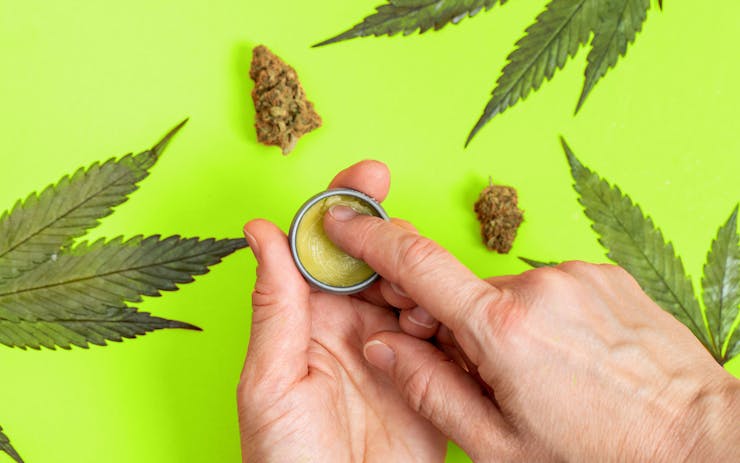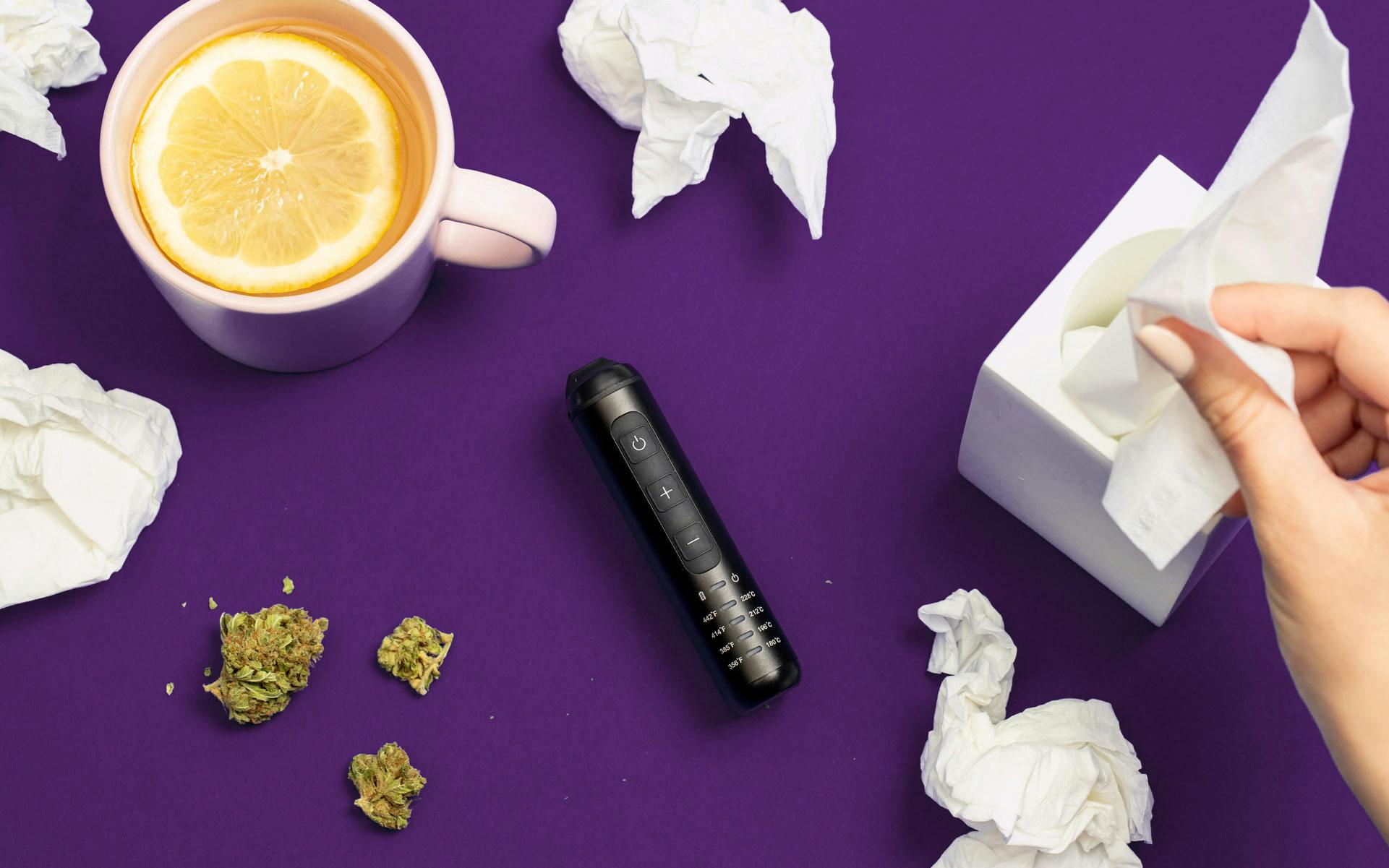Cannabis-infused topicals—creams, lotions, salves, and other products applied to the skin—are exciting and newly-legal options for Canadians interested in cannabis’s therapeutic potential without its high.
Weed through the marketing terms and discover which topical ingredients are right for you with these topical tips:
Know your base ingredients
Hemp vs cannabis
Hemp seed oil—often labelled cannabis sativa oil—is a common ingredient in beauty products. Since the hemp plant contains CBD, many consumers assume that hemp oil does too, but unfortunately this isn’t true. While hemp seed oil has its own set of benefits, it doesn’t contain meaningful levels of CBD.
However, topicals infused with extracts from the cannabis plant can include CBD, THC, or any combination of cannabinoids. If you’re interested in a topical product, but unsure if it contains cannabinoids, look for the excise stamp. At this time, all production and sale of cannabis-infused topicals is regulated by Health Canada, so if it doesn’t have the stamp, it’s not a regulated product.
CBD or THC?
Short answer? We still don’t know.
Preliminary studies show that CBD alone, and combined with THC, can provide localized relief of issues like pain, inflammation, skin conditions, and acne.
According to Dr. Sana-Ara Ahmed, an interventional chronic pain and cannabinoid medicine specialist, cannabis topicals can sometimes help patients with joint pain. “We still do not know the full mechanism of effect, but based upon my clinical experience, the application of topical THC and CBD in combination in a 1:1 ratio provides my patients with analgesic relief,” she says.
Currently there isn’t a lot of clinical data on the effectiveness or required dosage for cannabis-infused topicals. Most of the information we have is either observational or from studies conducted on rats or mice, making it difficult for doctors to determine the best products and doses.
Jordan Pearson, senior medical expert for CannabisMD and a licensed massage therapist in Colorado, where cannabis is legal, knows firsthand that there is no one-size-fits-all answer: “I wish that I could give you some magic answer like ‘for pain apply 20mg of so-and-so’s product’ and ‘for bruising apply a quarter-sized amount six times a day until gone’. We just don’t have that scientific answer, yet.”
Know your source
The origin of a product’s active ingredients is extremely important. You may be able to find unregulated products in Canada, and they’re likely not tested for potency, heavy metals, pesticides, or other toxins.
Pearson notes that it’s important to know the source of any topical products, as they might contain little to no cannabinoids and/or potentially cause negative health effects. In addition, Dr. Ahmed explains that unregulated extractions can contain potentially harmful impurities.
Consider your intention
Aesthetic use
Hemp seed oil has been used in the aesthetics industry for some time—it’s an excellent carrier oil and contains hydrating lipids and omega fatty acids. There will always be a place in the beauty industry for hemp seed oil, but it’s important to understand hemp seed oil is not CBD.
CBD has the potential to be the next big thing in skincare, with research showing it may be an even more powerful antioxidant than vitamins C or E. These findings mean it could be an effective treatment for fine lines and wrinkles, as well as acne. As an antioxidant, CBD can neutralize free radicals in the skin that damage collagen and elastin production.
Medical use
Dr. Ahmed finds topical application of cannabinoids helpful for a variety of conditions in her practice, including dermatitis, psoriasis, and for relief of neuropathic pain, while Pearson says that “nothing compared to the results” she observed once she started adding topical cannabis to her massages.
Research supports topical cannabinoids’ ability to provide localized therapy, thanks to the CB1 and CB2 receptors in our skin. Consumers should be wary of topical creams and lotions that claim they can treat symptoms that are more than skin deep, or ‘transdermal.’ However, there is promising research that cannabis can be an effective transdermal treatment when it comes in a format that can penetrate the bloodstream, such as a specialized transdermal patch.
Learn about cannabis packaging
Click here to discover more videos on Leafly TV.






